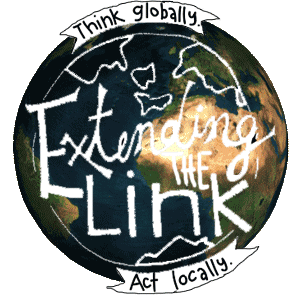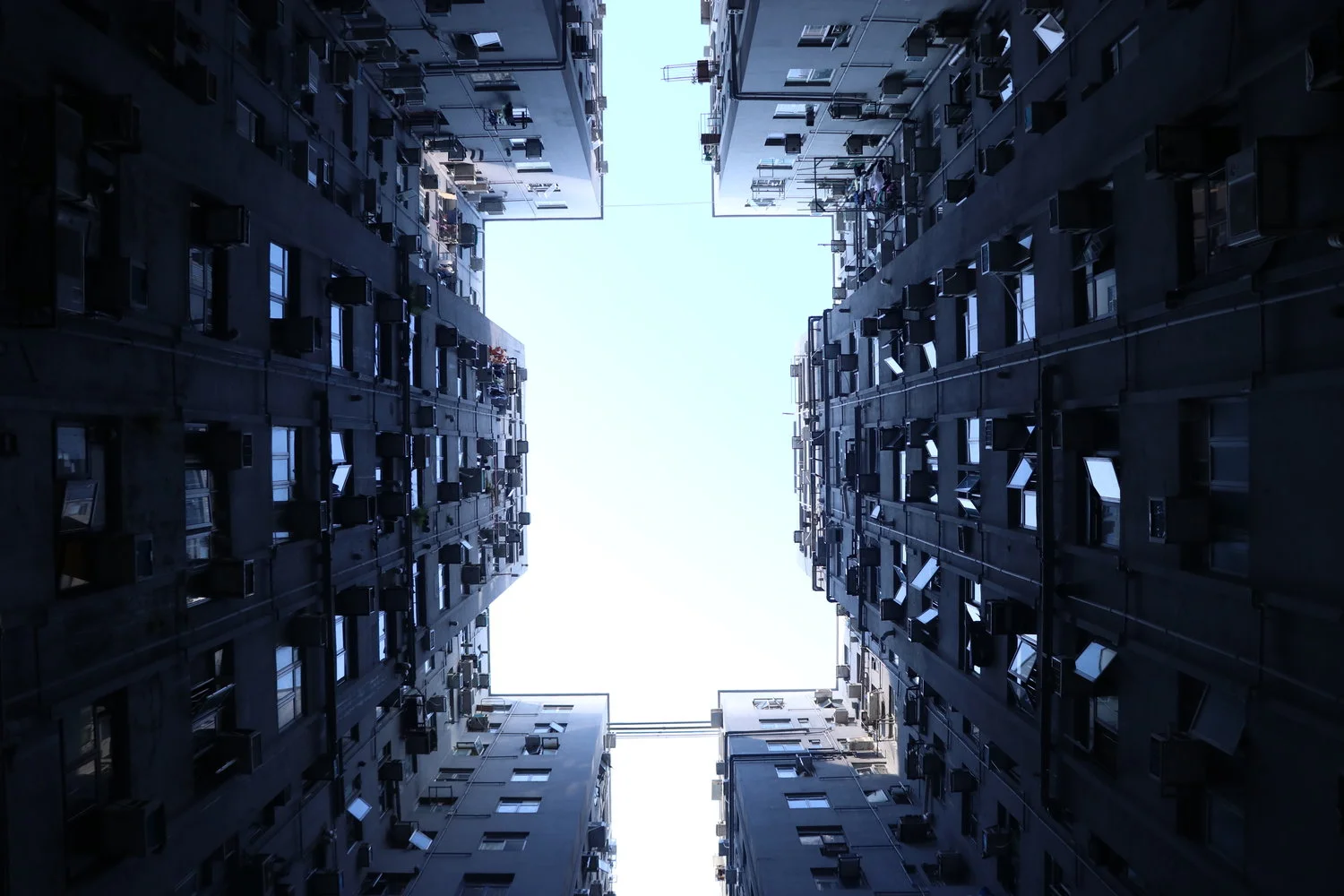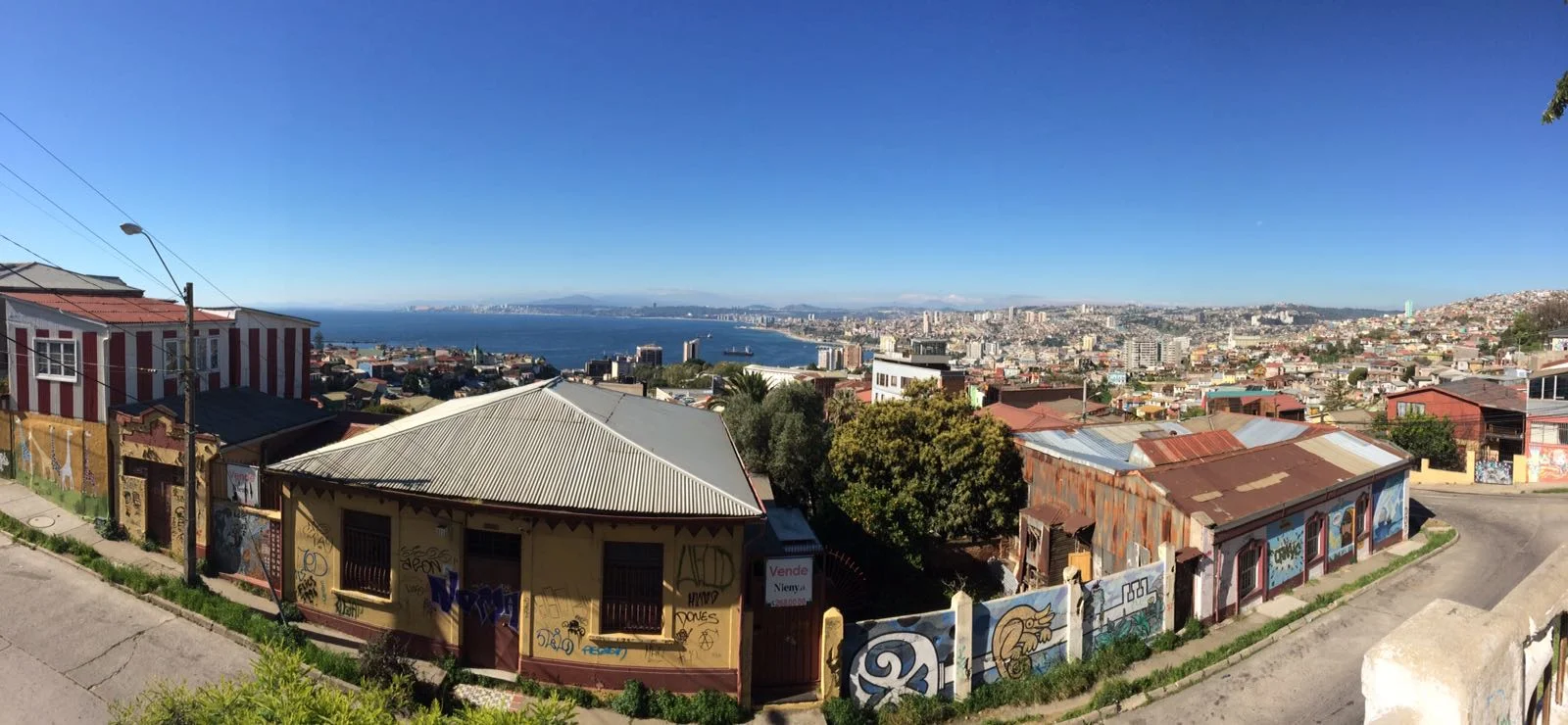BORN, BRED, Ga dead (2023)
"Born, Bred, Ga Dead" shares the stories of many Bahamians and their encounters with climate change. The accounts in this film are moving, informative, and a call to action for all of us to understand our impact on the world around us and be a voice of change.















